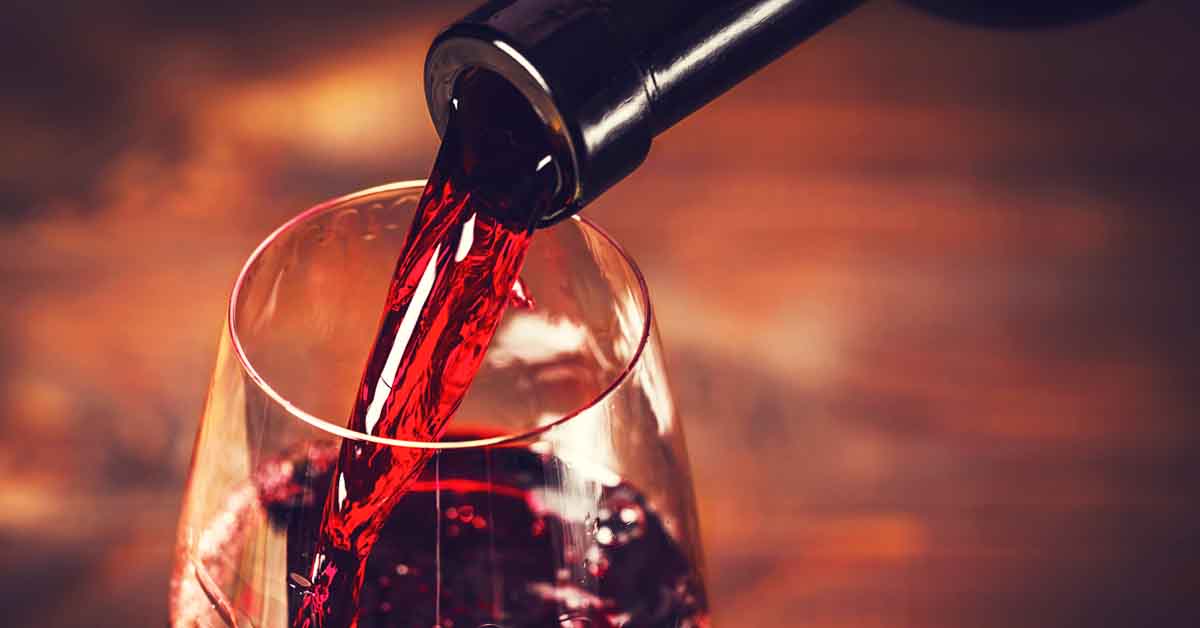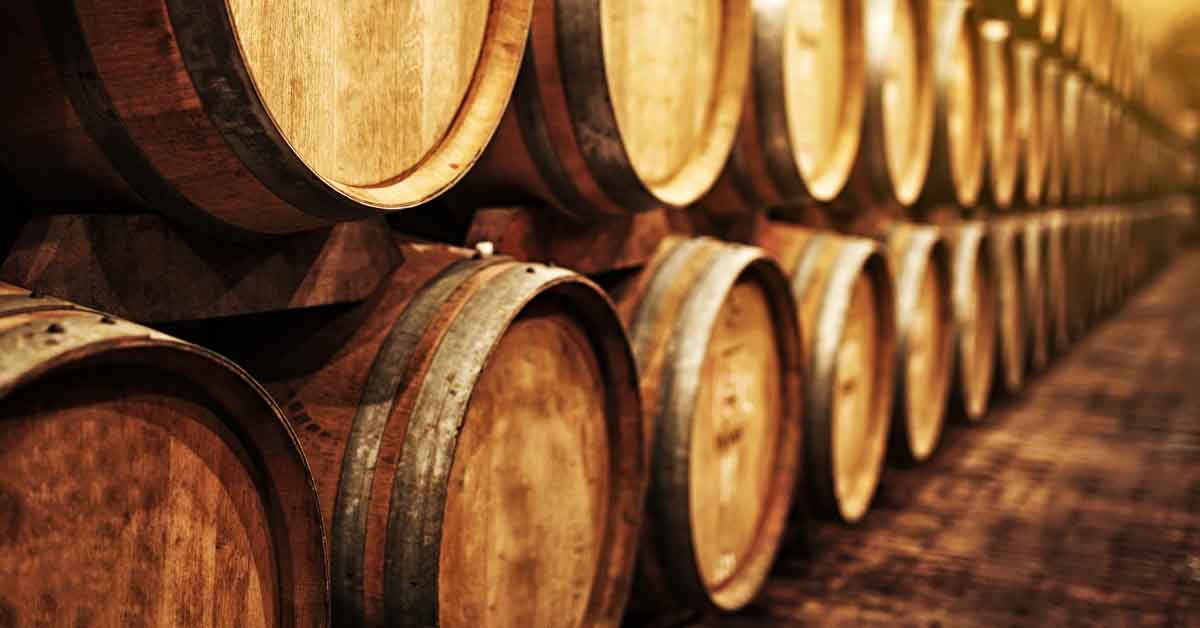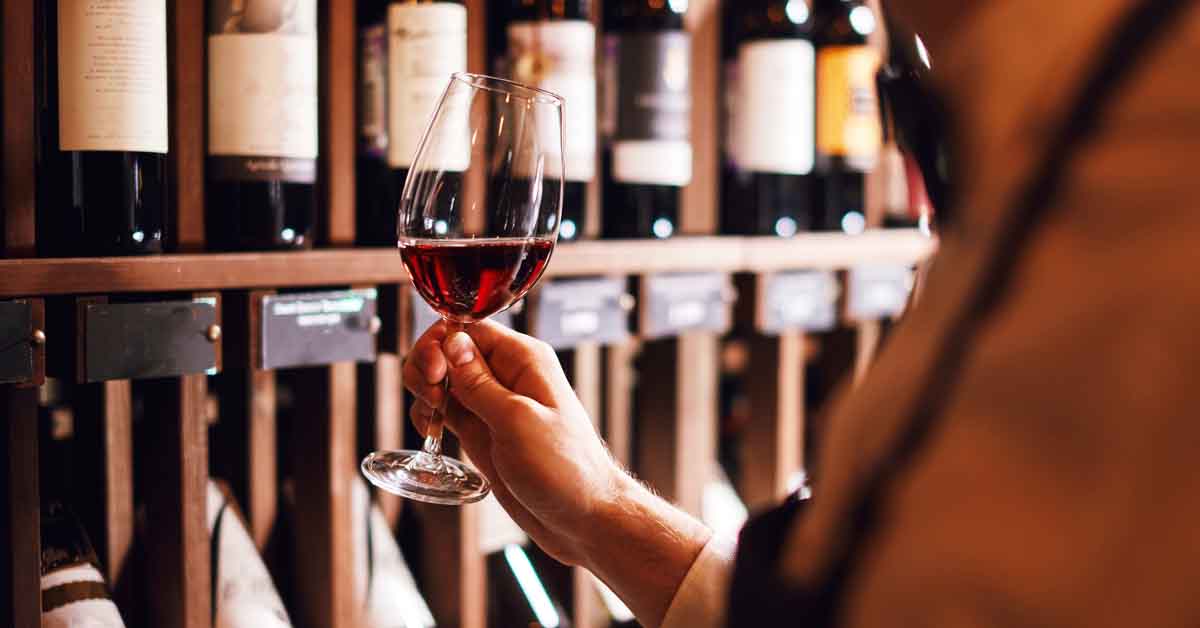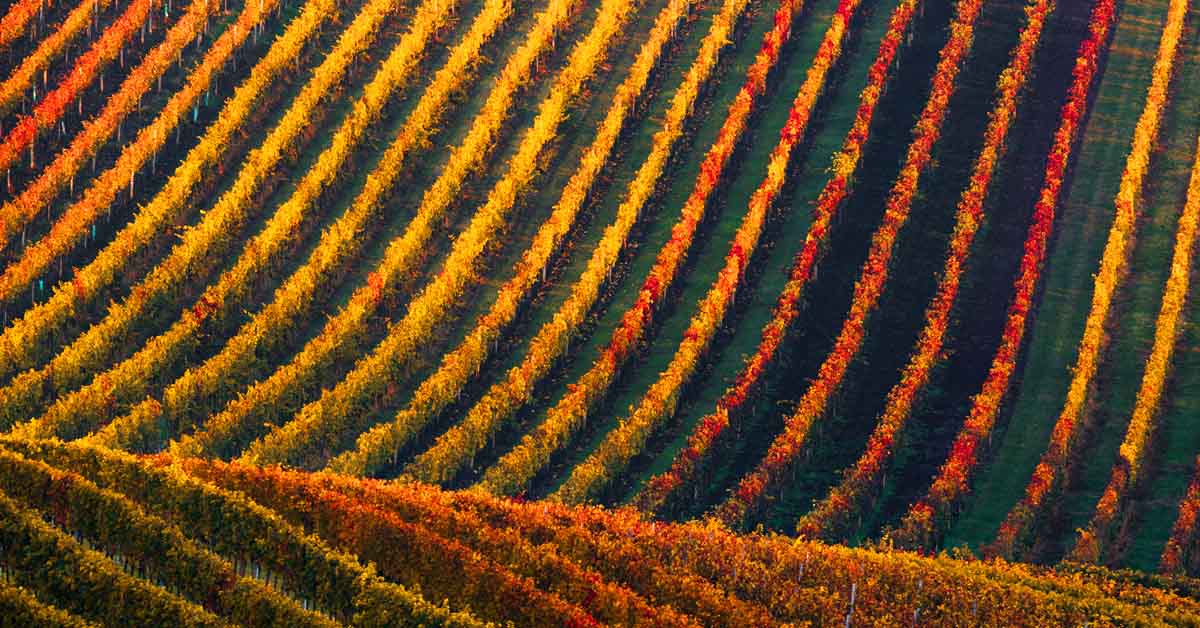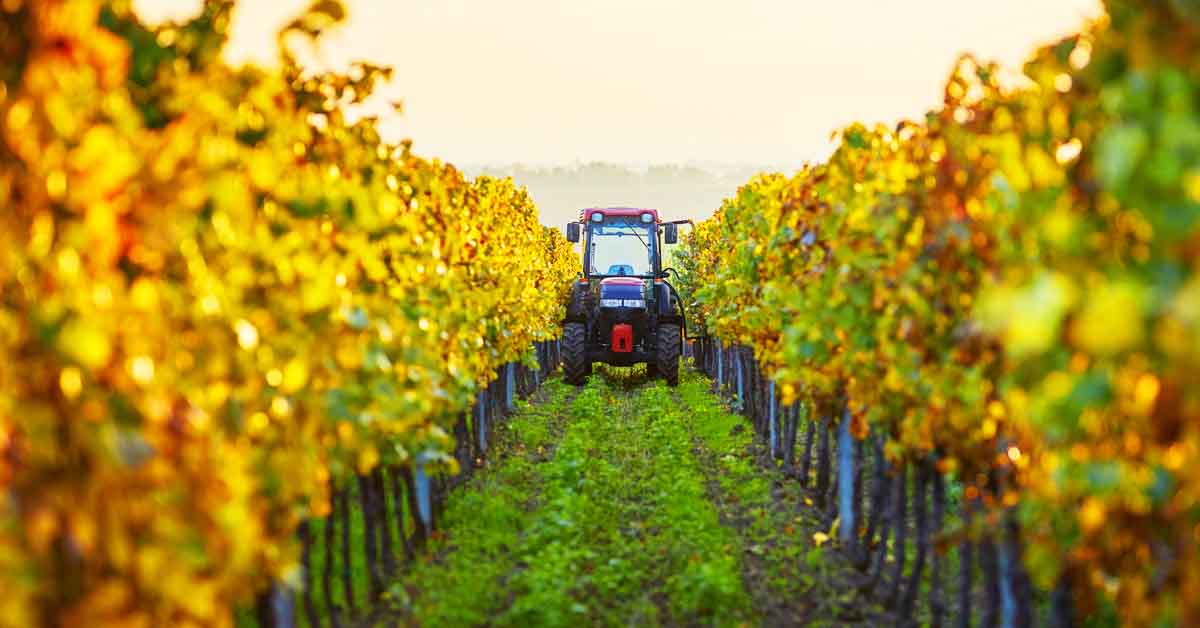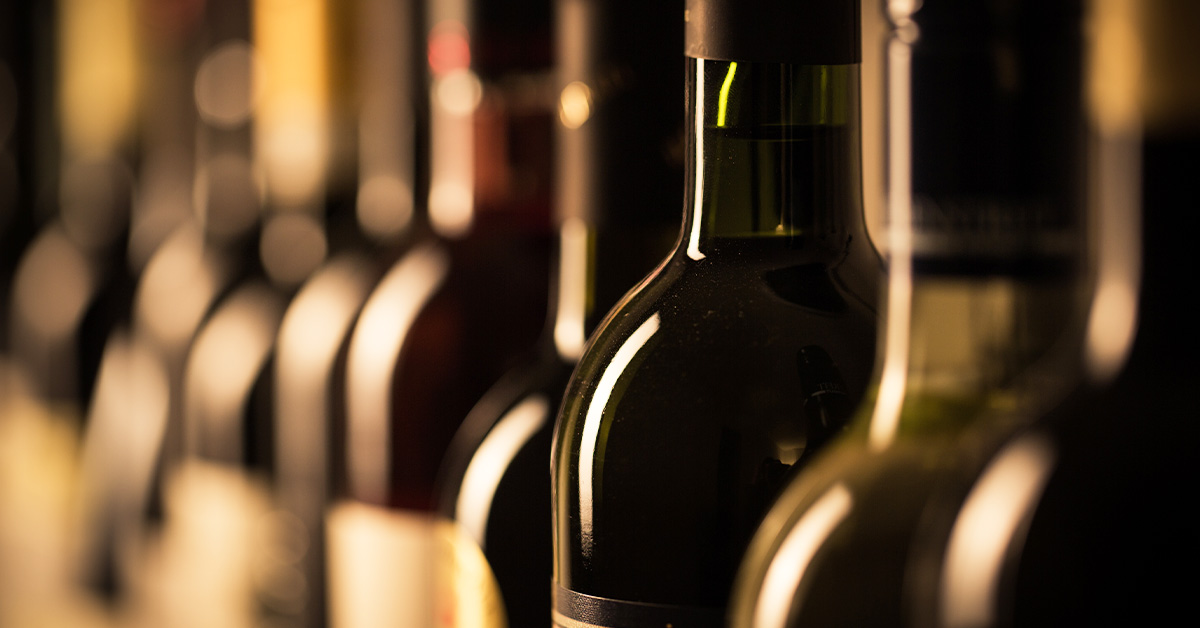Buying and Running a Wine Estate
A great bottle of wine is a wonderfully elegant and simple thing, but the process of making it is complicated. Small variables in soil, climate, management and markets can make the difference between a great year and an average one.
The same is true of the legal aspects of buying and running a wine estate – there are lots of moving parts and seemingly minor issues can have major repercussions. Vineyards are a particular mix of legal challenges that are widely misunderstood; while vineyards and wineries have a fairly small industry share in England relative to other forms of farming and food production, the level of sophistication of those in the market is now on a par with many of those in continental Europe. Consequently, proper winemakers need proper legal advice. Even if no winemaker has ever said it, it is nevertheless true that “behind every powerful pomerol is a crisp contract".
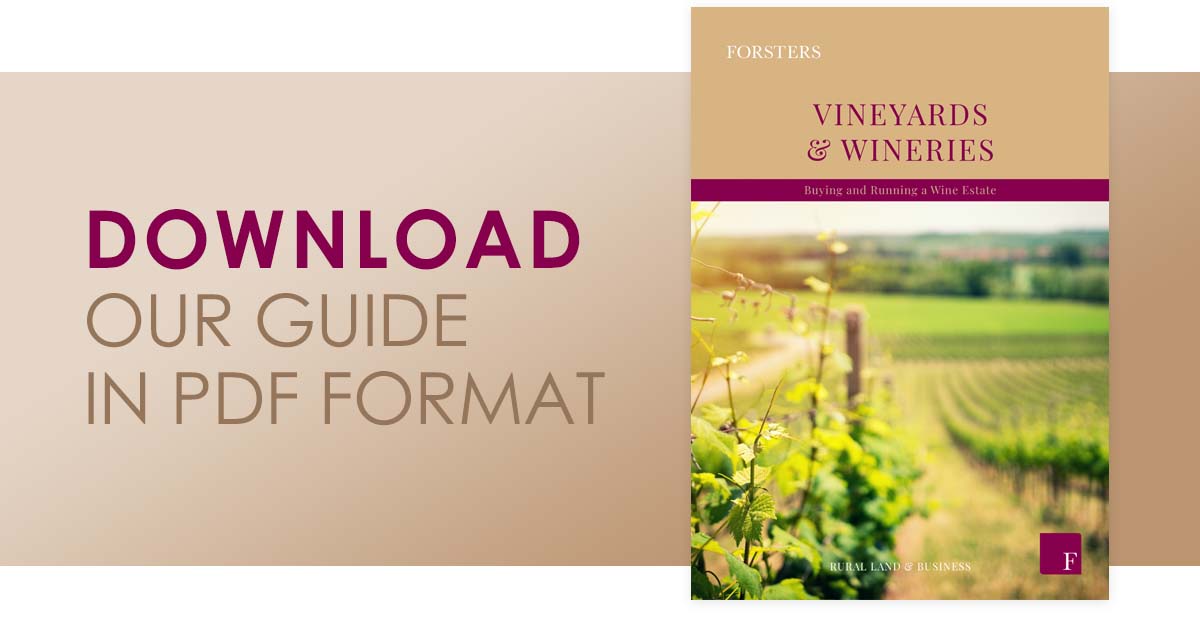
The key assets of a successful vineyard include the right site, team, intellectual property, goodwill, and working capital. Incorporate on-site processing and you have significant plant and machinery to consider, and with that, potential for more sophisticated financing arrangements. Stepping back from the core assets, the wine industry in the UK relies on a network of contracts for the supply of grapes, processing, and branding. Stepping back one step further and the industry exports to an international market, and EU law still governs many day-to-day practicalities.
Deciding whether to buy or invest in a vineyard is a hard decision. In the first/second century AD the Roman senator Pliny the Younger wrote to his friend Calvisius Rufus:
“There are several considerations strongly inclining me to this purchase, while there are others no less weighty deterring me from it… the lands are rich, fertile, and well watered, consisting chiefly of meadow-ground, vineyard, and wood, while the supply of building timber and its returns, though moderate, still, keep at the same rate. But the soil, fertile as it is, has been much impoverished by not having been properly looked after.”
Although Pliny the Younger would have likely associated Britain more with druids and painted tribespeople than wine, he would have recognised the dilemma facing many prospective buyers today. The final decision is a commercial and personal one but it should be informed by a proper understanding of the legal risks.
Understanding these risks on acquisition will save you a hangover the next morning. Equally, as a business develops, the arrangements for each may need revisiting. Finally, on a sale, the treatment of each asset will have wide-ranging commercial, tax, reputational and personal consequences.
In this series, we will be looking at how to buy, expand and pass on a successful English vineyard and winery. What we hope will become clear is that you need a legal team that can advise you on every aspect of your acquisition and business. We have brought together a team from Forsters to work with us in the Rural Land and Business team, including colleagues in Private Client, Banking & Finance, Corporate, Employment, Tax and Dispute Resolution all highly experienced in the matters in hand. We would be delighted to help if you need advice on any aspect of your vineyard business.
Buying a vineyard or winery
Buying a vineyard or a winery involves acquiring a bundle of assets. Land is at heart of the transaction, but you may also be buying crops, buildings, subsidies, goodwill, and intellectual property. Overlaid with that is how you are buying them – trading businesses may be sold as corporate transactions or “share sales” rather than a direct purchase of the underlying assets. This article focuses on the assets you are acquiring and what terms your purchase contract might need to address.
Funding
Making wine is expensive. You need the land, the labour and specialist plant and machinery plus long-term capital to support expansion and maintenance. It takes 5 to 10 years for a new vineyard to start selling wine so sufficient capital will be needed in the early years.
Employees
Winemaking is labour intensive. No machine can yet pick grapes, so you will need to employ staff for that as well as the general management of the estate and operations, including sales and marketing.
Succession Planning
Wine is usually a family business. Just as things go wrong in business, they can go wrong in succession planning.
Tax
Just as an early frost can ruin a crop, an unexpected tax bill can ruin your cash forecast and harm both investment and distribution.
The Business
Just as no vintner wants to sell a corked bottle of wine, no purchaser of a vineyard or winery wants to buy a tainted business.
Generation Now Podcast - Episode Four: Ridgeview owners Tamara and Simon Roberts on pioneering English Sparkling Wine
Katherine talks to brother and sister team Tamara and Simon Roberts from Ridgeview - one of the leading brands of English sparkling wine.
Cuxton Winery Appeal
Case law has established that wineries are agricultural uses for the purposes of planning. However, many vineyard owners and operators include ancillary uses such as visitor centres for wine tasting and restaurants. In a recent appeal decision it was these ancillary uses that caused adverse impacts and harm meaning the appeal was dismissed and planning permission was not granted.


